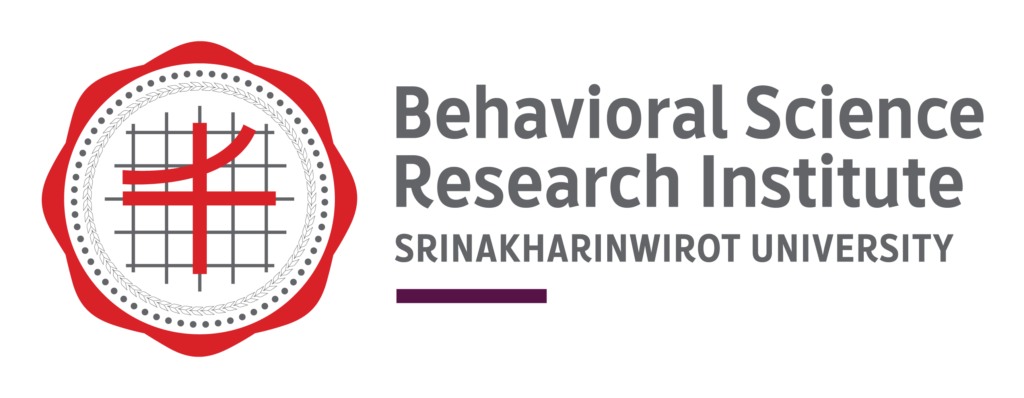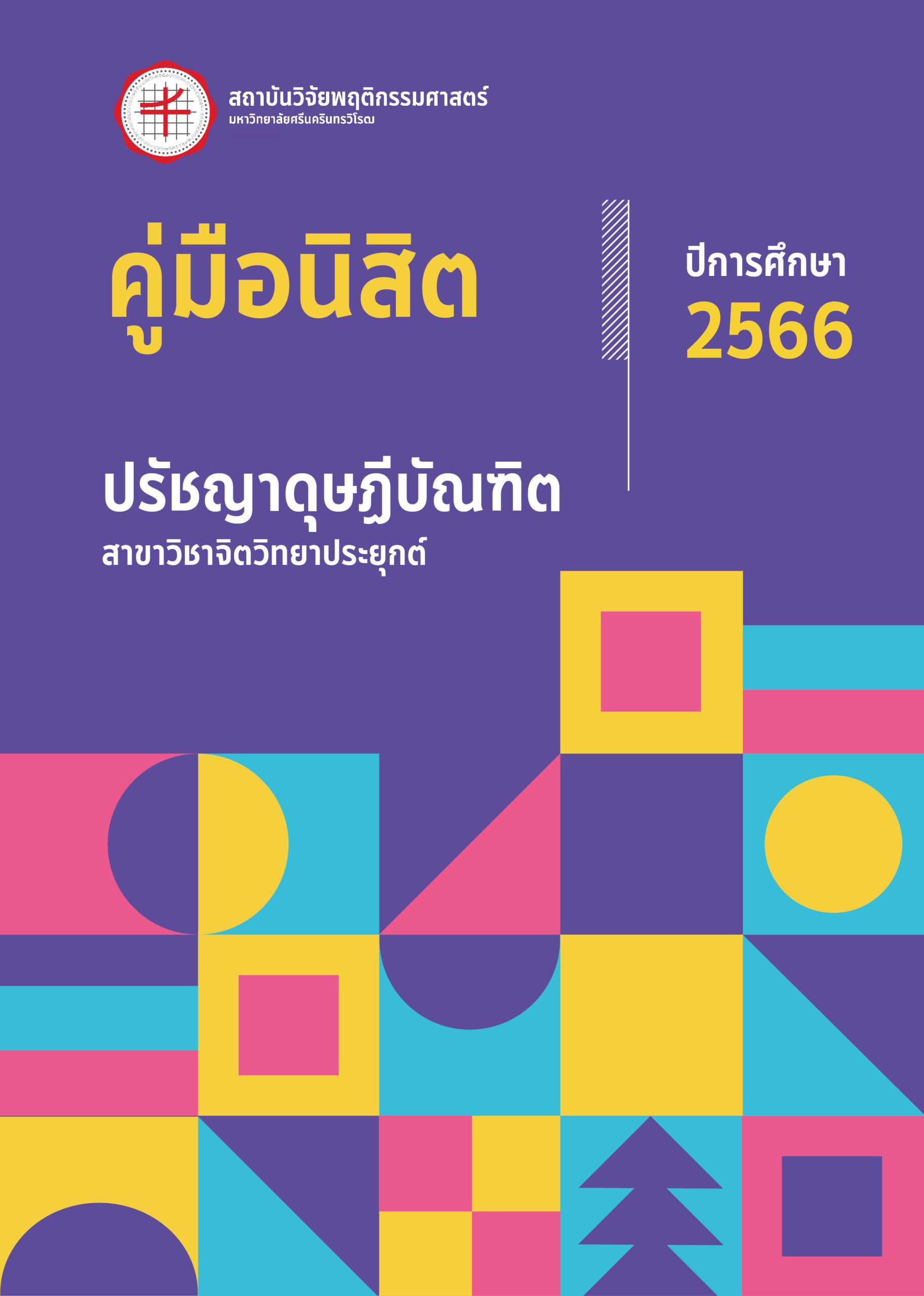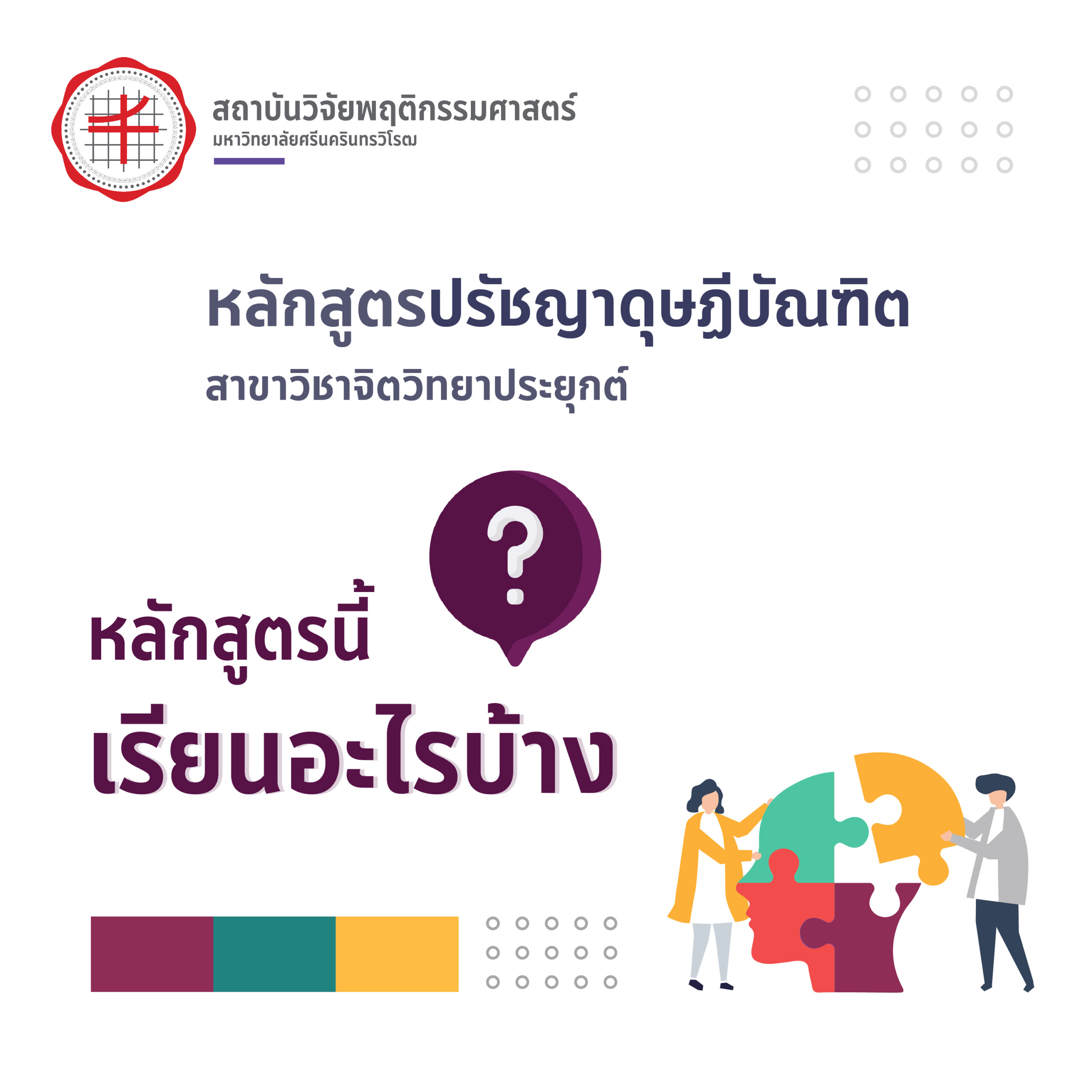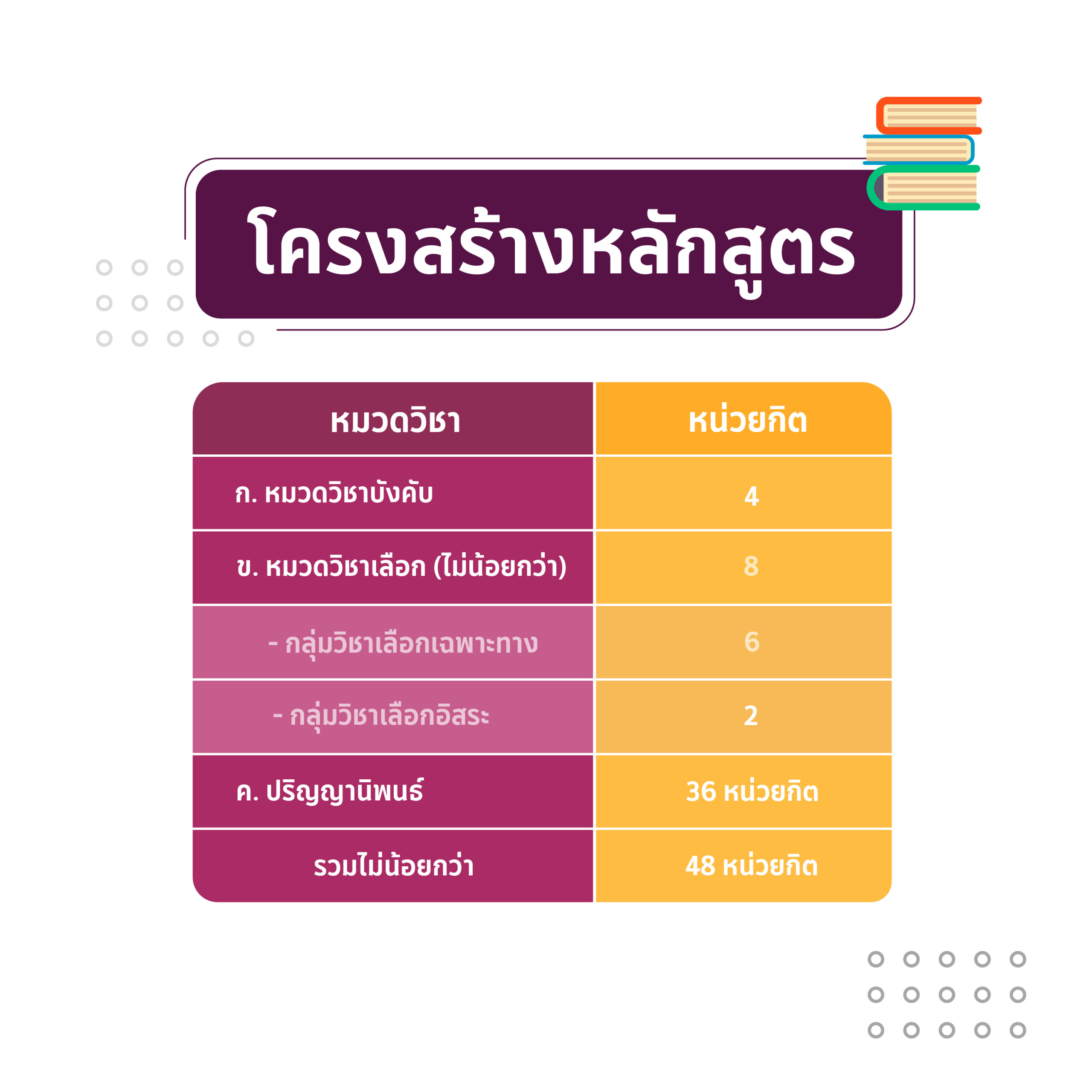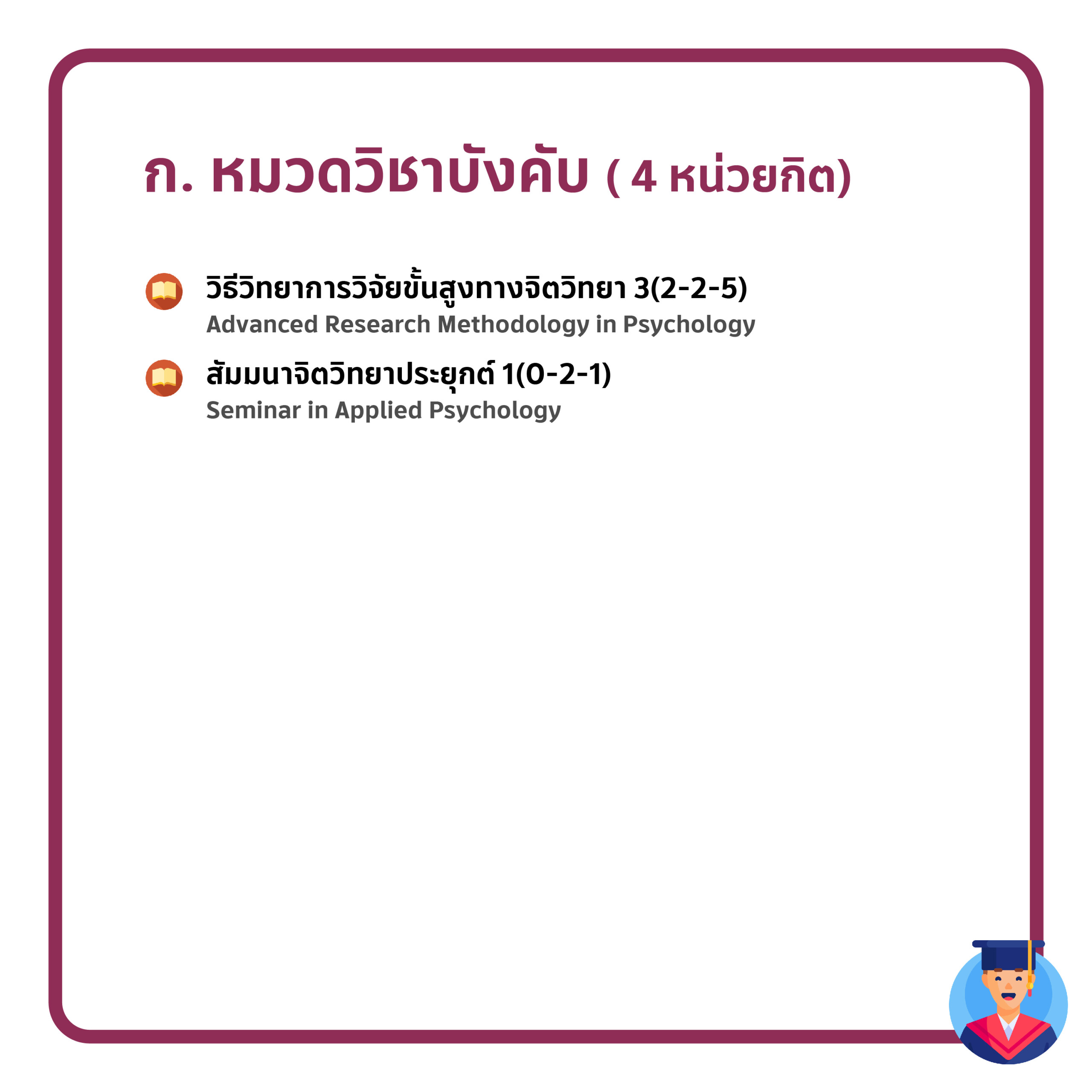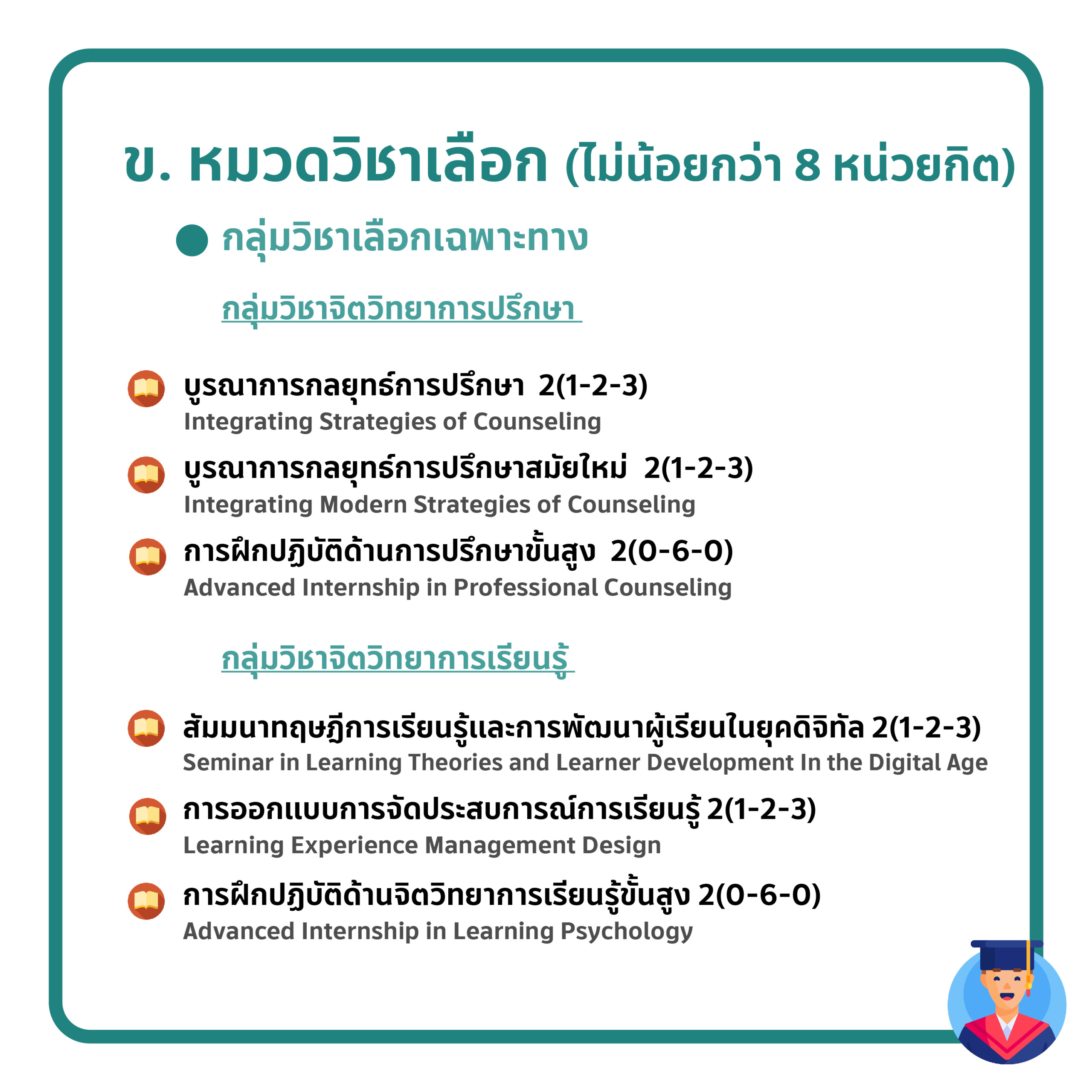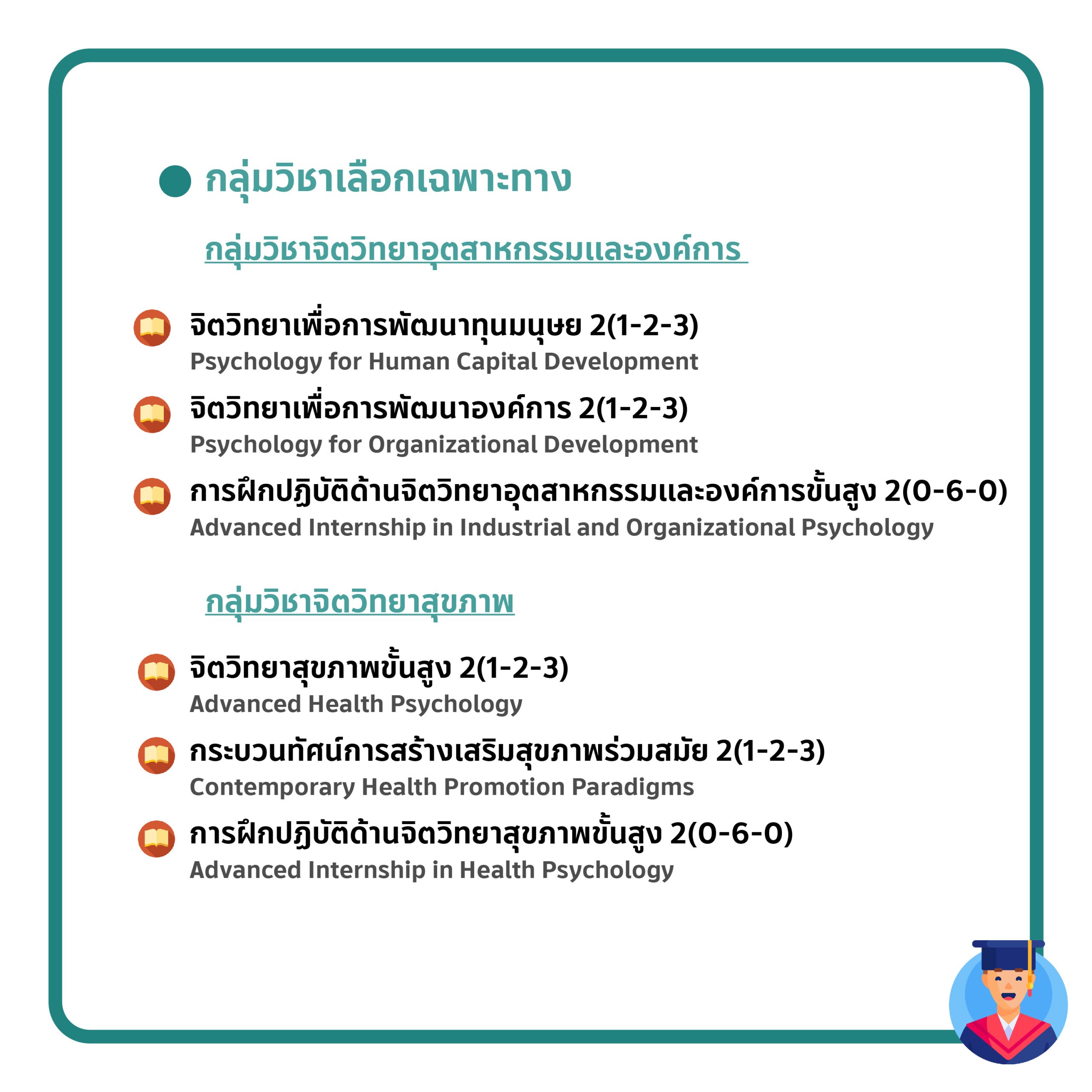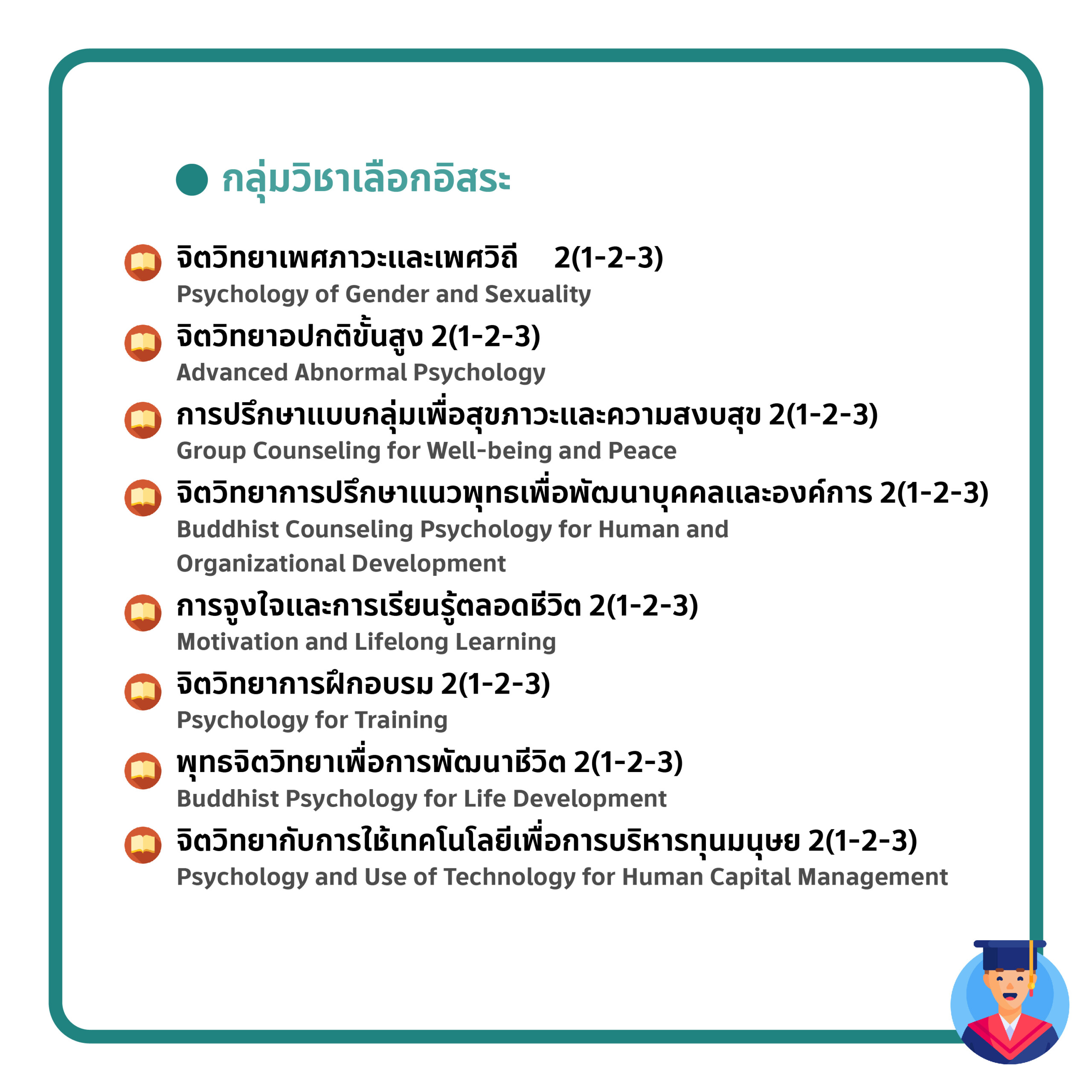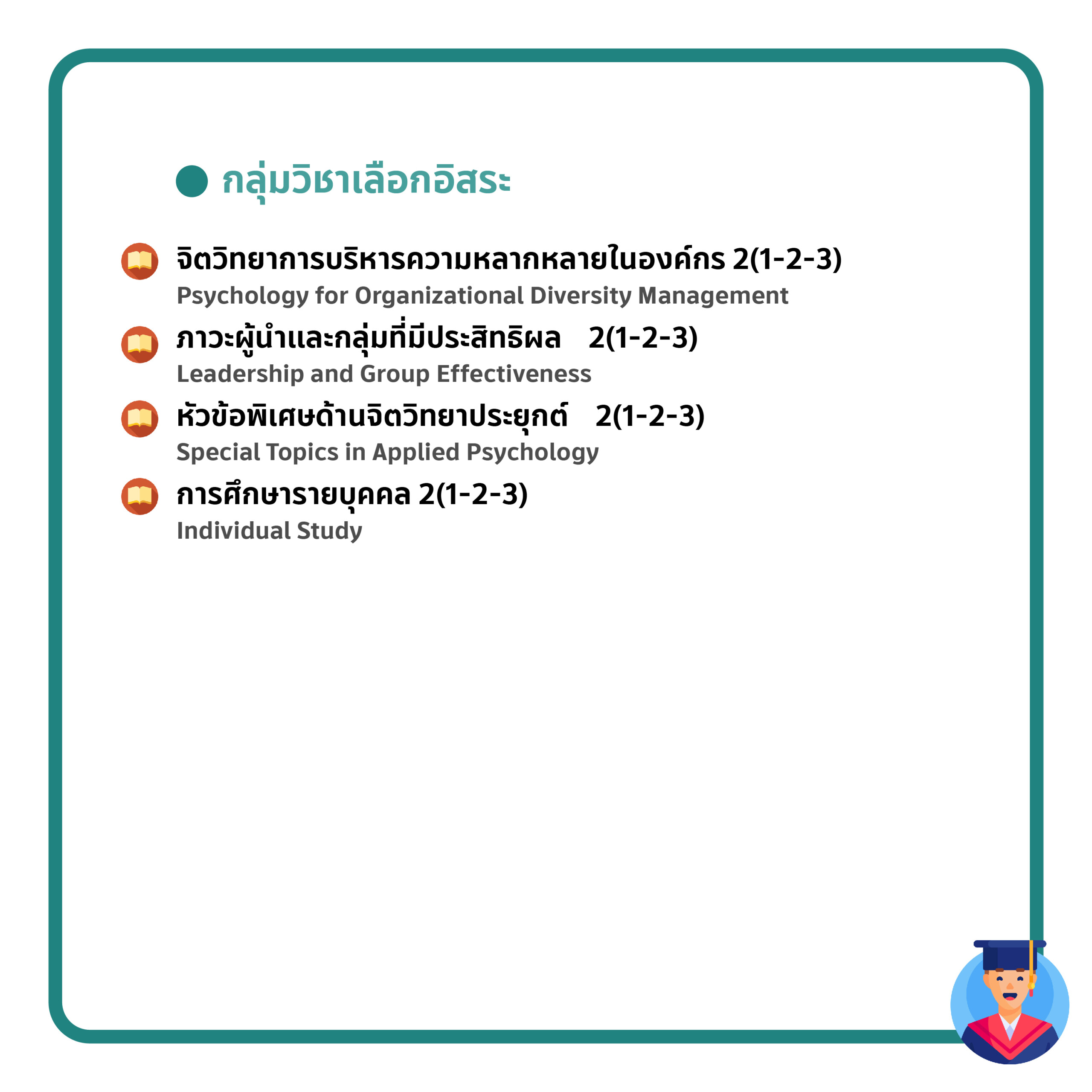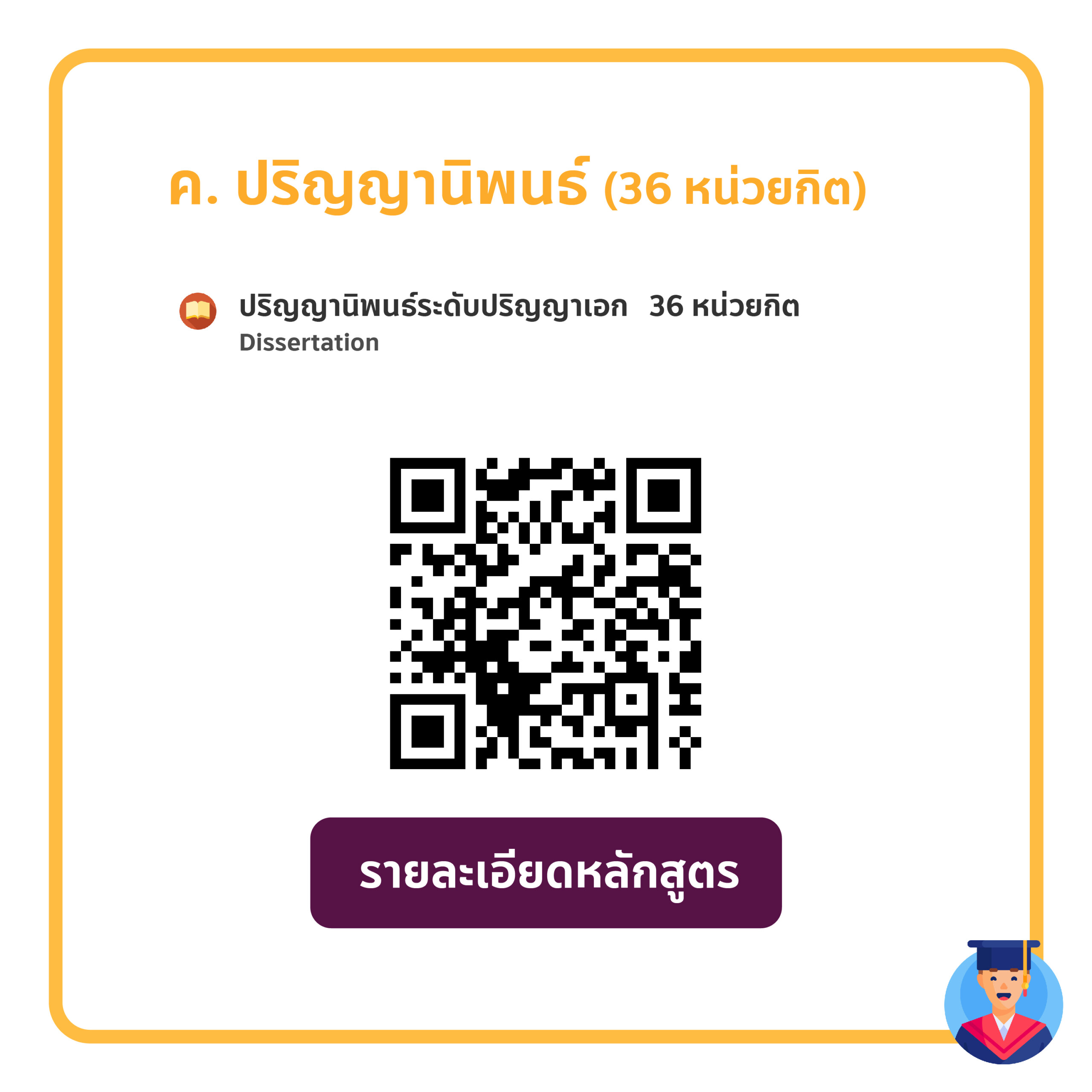Expected Learning Outcomes of the Course when graduation (ELOs)
ELO1
Develop expertise in evaluating research methodologies for innovation design and a foundation in applied psychology.
ELO2
Possess the ability to design and enhance programs and projects that present guidelines for the development of individuals, organizations, and society, based on ethically-applied psychological knowledge.
ELO3
Capable of serving as a leader in managing applied psychology initiatives and services in a variety of contexts while adhering to professional ethics.
Course Outlines
Essential information
The Curriculum
- Doctor of Philosophy Program in Applied Psychology (Ph.D. (Applied Psychology))
Credits were granted throughout the course program: Type 2.1 Credits were granted throughout the duration of the program minimum of 48 credits
Curriculum Format: 3-year doctoral program type 2.1
Thai is used, with documents and textbooks in English and Thai.
Student qualifications
Applicants to the Doctor of Philosophy program in Applied Psychology must demonstrate English language proficiency according to the Graduate School’s criteria. In addition, applicants must possess the following qualifications, separated by subject area:
Learning Psychology and Industrial and Organizational Psychology
Graduated with a Master’s degree in any field of study
Counseling Psychology
Graduated with a Master’s degree. Applicants must have a Bachelor’s or Master’s degree in any of the following subjects: Counseling Psychology Guidance Psychology or Clinical Psychology
Health Psychology
Graduated with a Master’s degree. Applicants must have a bachelor’s or master’s degree in either psychology or health sciences.
Date and time of instruction: This Curriculum will be taught on Fridays from 5:00 p.m. to 8:00 p.m. and Saturdays from 9:00 a.m. to 4:00 p.m.
- Early semester, August – December
- Late semester, January – May
- Summer semester: June – July
Remarks: Students may complete the program in three years and start their thesis in the first semester. Psychology practicum can begin in the second semester of the first academic year under the approval of the Program Administration and Development Committee.
The Curriculum Structure
| Credit subjects | Credits |
|---|---|
| 1. Mandatory subjects | 4 Credits |
| 2. Elective subjects (Minimum) | 8 Credits |
| – Specialized Elective Courses | 6 |
| – Independent Elective Courses | 2 |
| 3. Thesis | 36 Credits |
| Minimum in Total | 48 Credits |
PROGRAM ADMINISTRATION AND DEVELOPMENT COMMITTEE
PROGRAM ADMINISTRATION AND DEVELOPMENT COMMITTEE

Assoc. Prof. Dr. Nanchatsan Sakunpong
Head of Program Committee
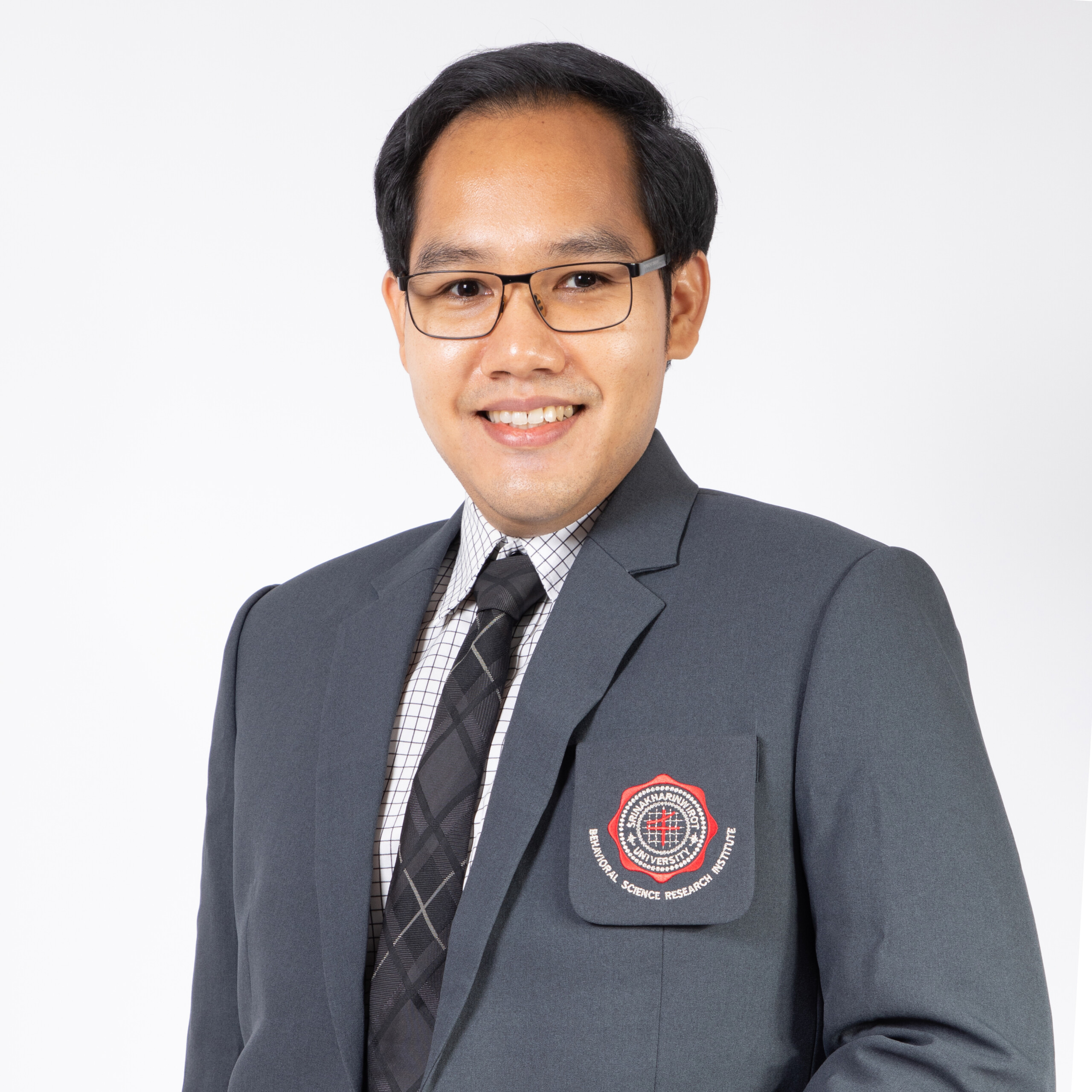
Asst.Prof. Dr. Ponthep Poonpol
Committee
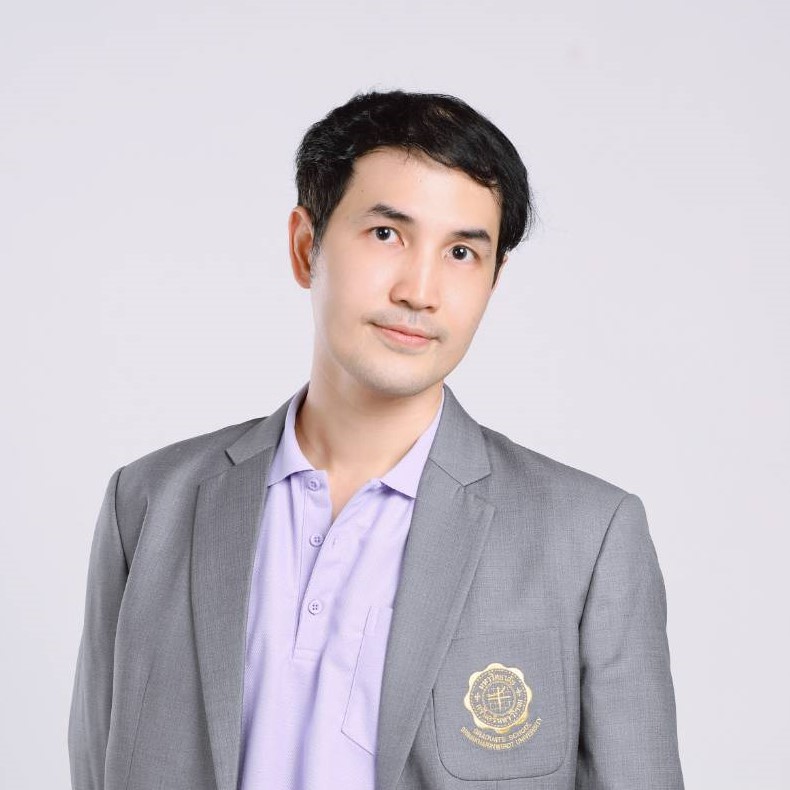
Asst. Prof. Dr. Chaiyut Kleebbua
Committee

Prof. Ungsinun Intarakamhang
Committee
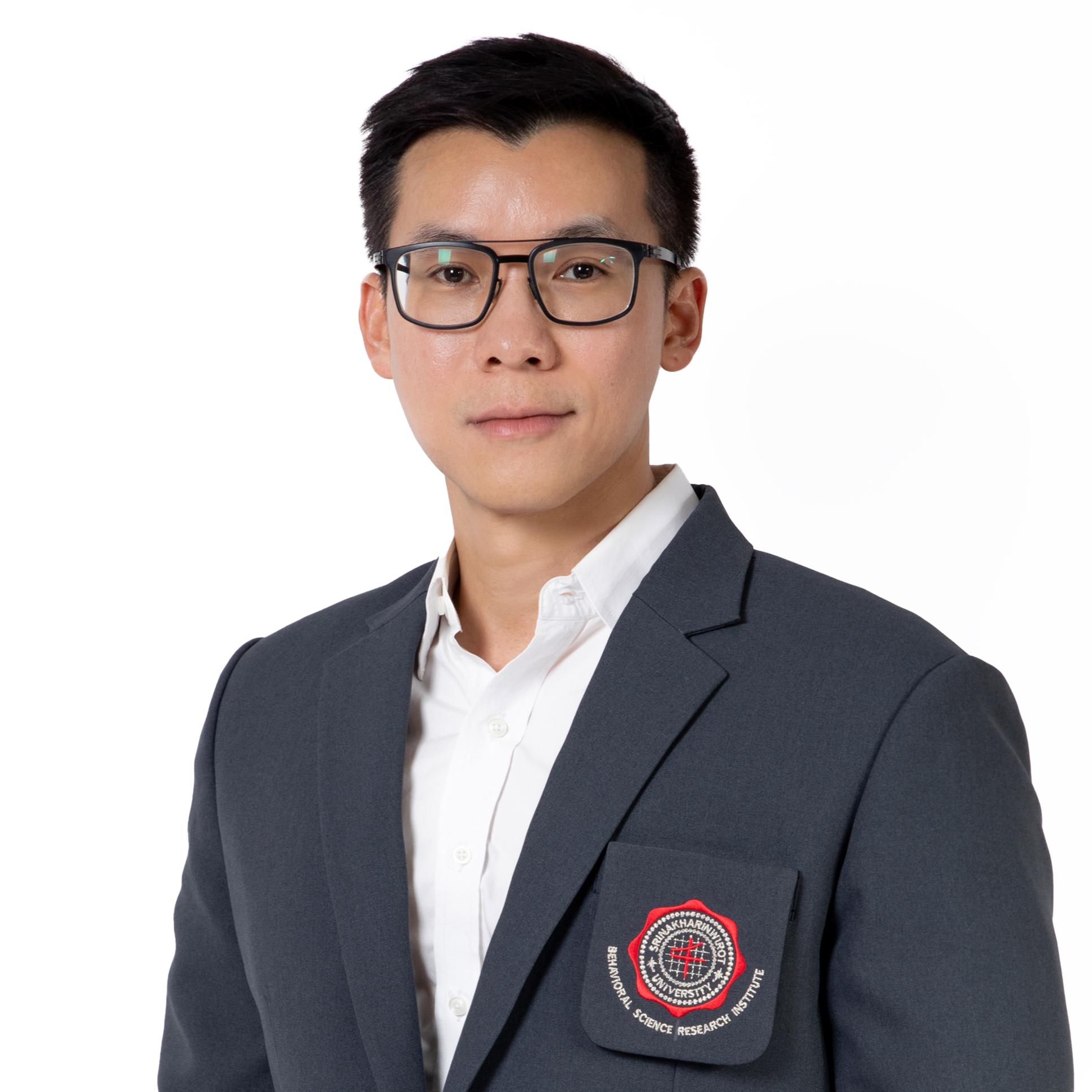
Assoc. Prof. Dr. Saran Pimthong
Committee
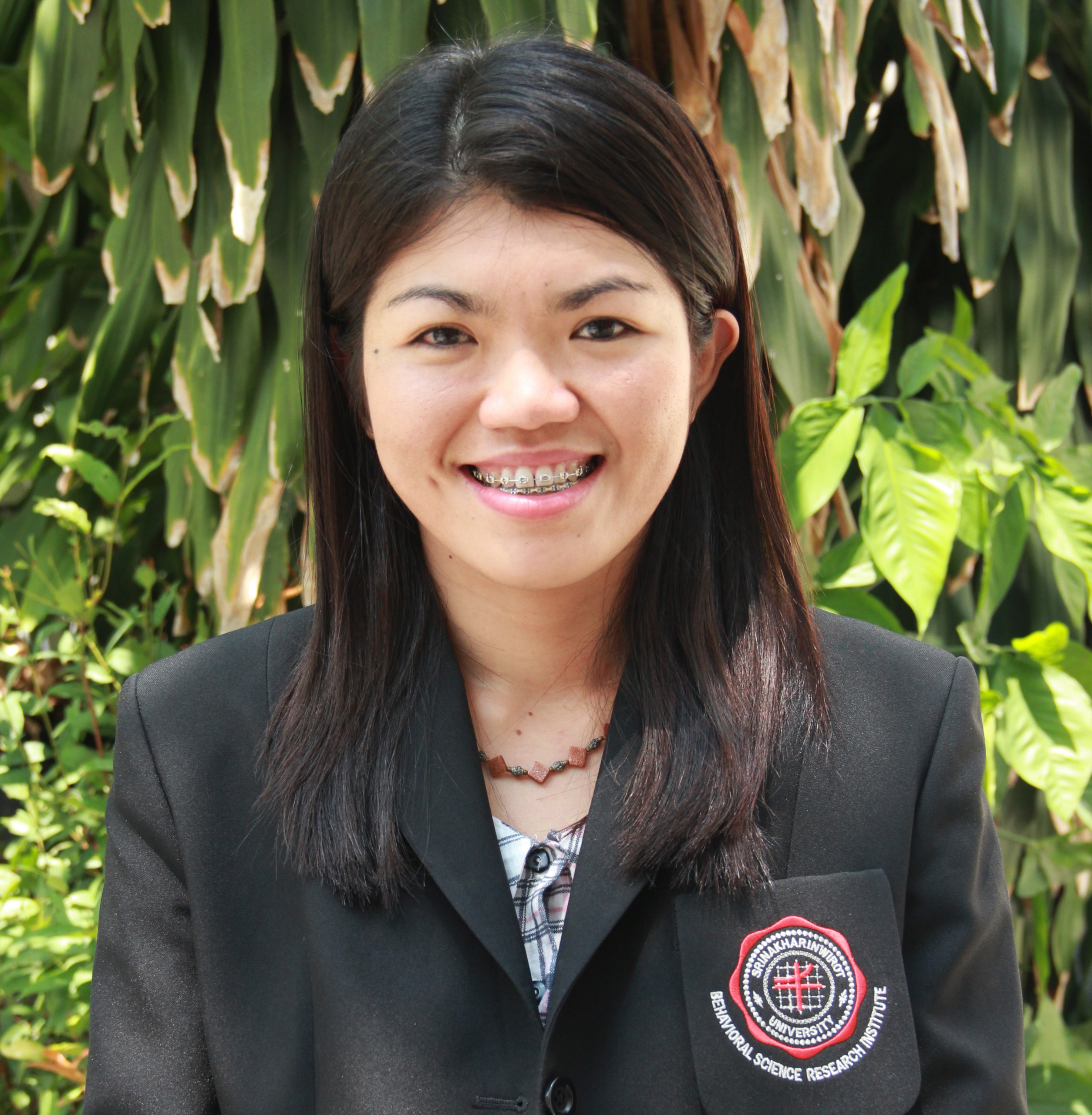
Asst. Prof. Dr.Sudarat Tuntivivat
Committee
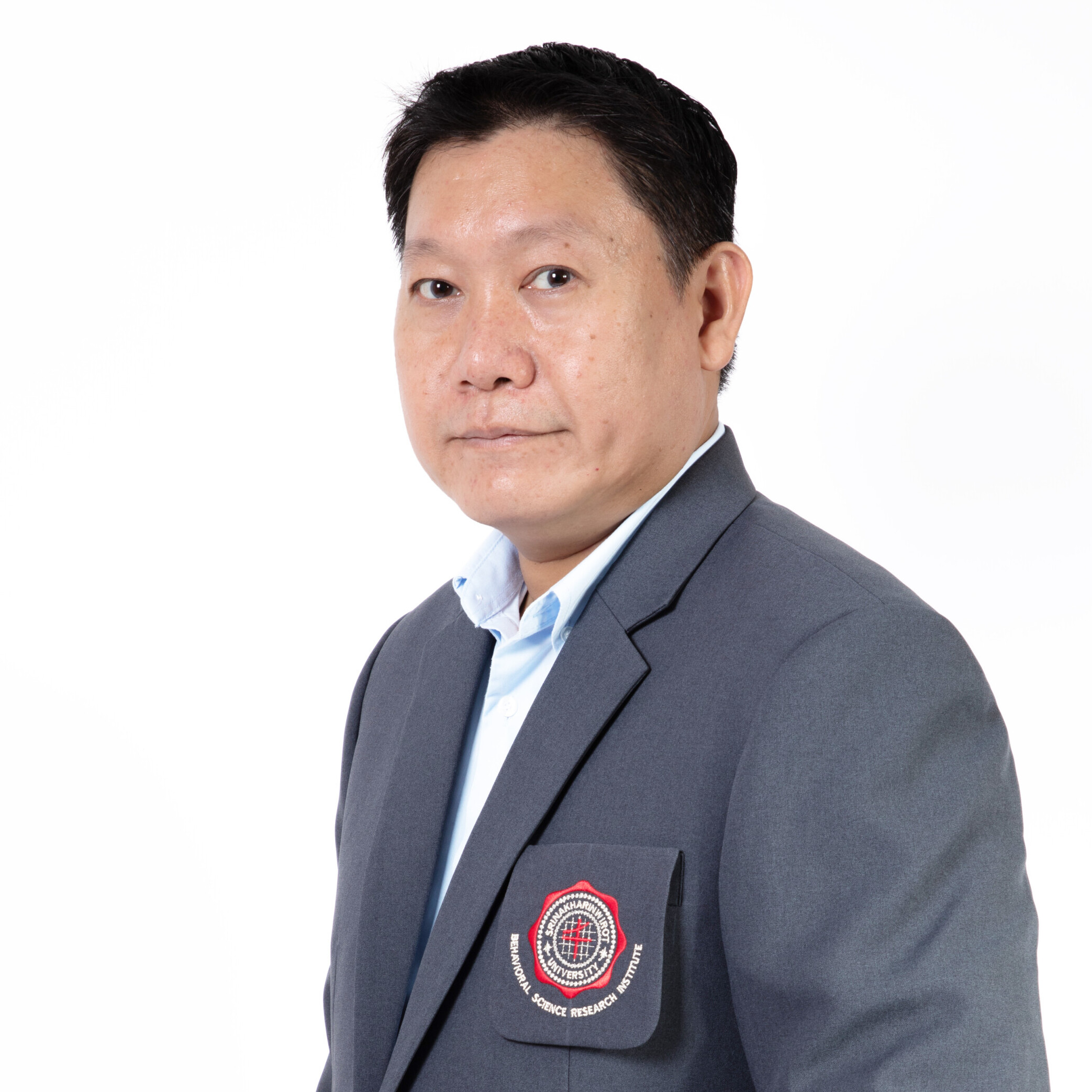
Dr. Krittipat Chuenphitthayavut
Committee
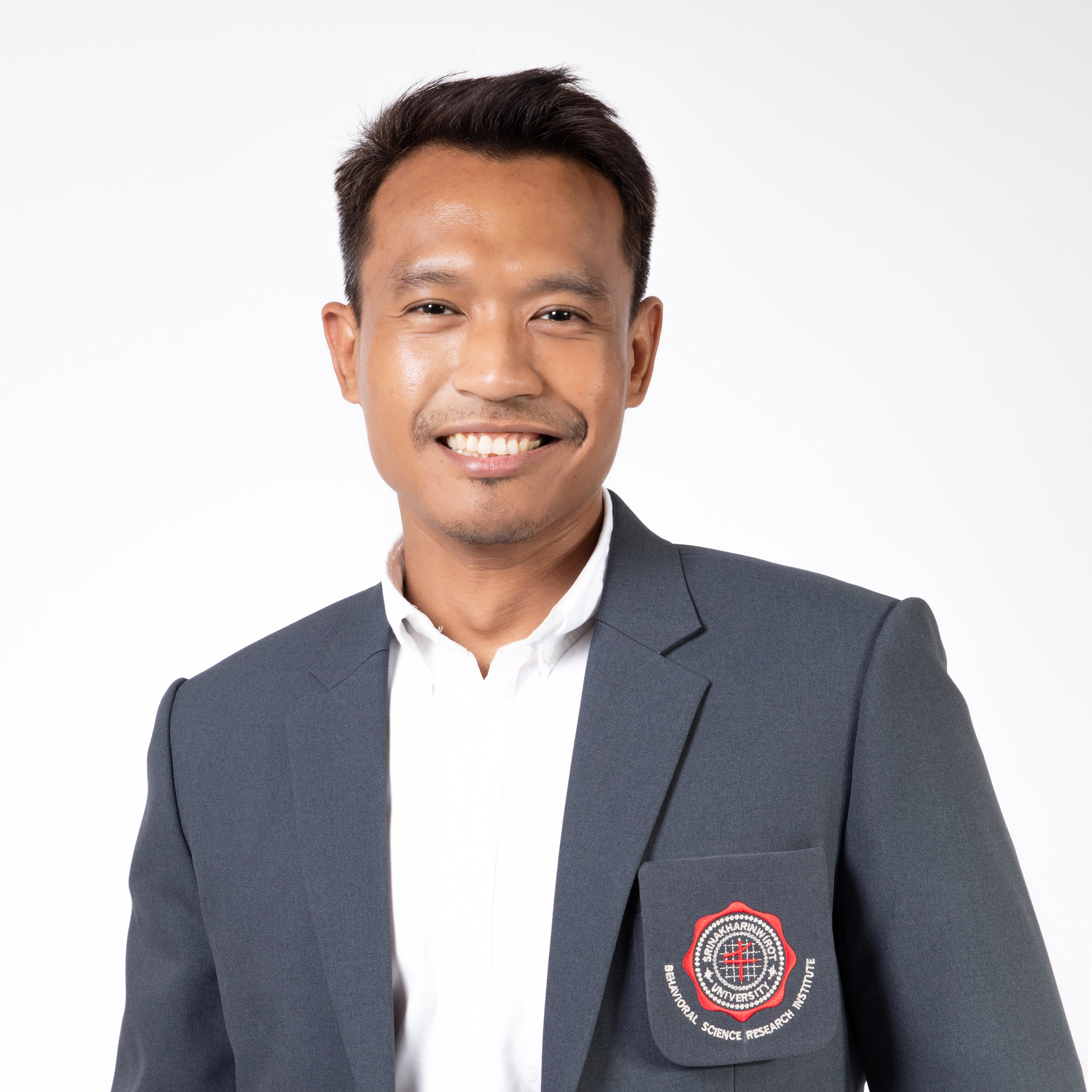
Dr. Charin Suwanwong
Committee
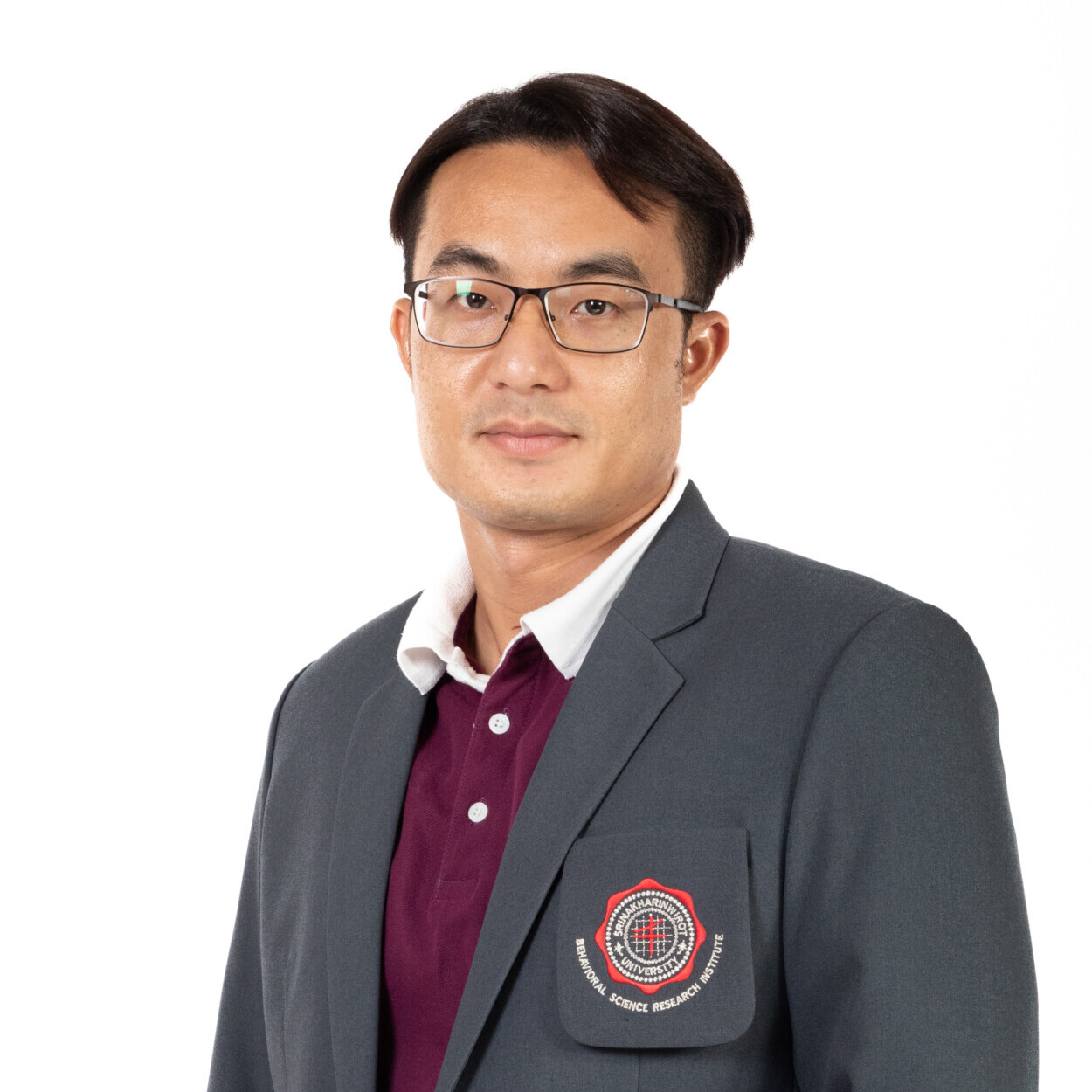
Dr. Hanvedes Daovisan
Committee
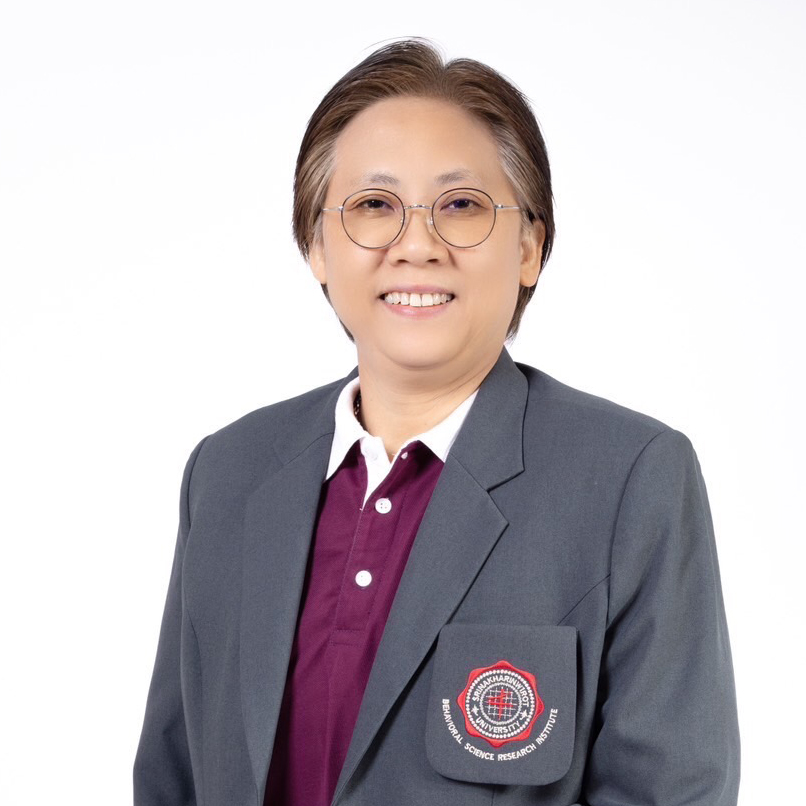
Dr. Narulmon Prayai
Committee

Mrs. Kannika Sriket
Coordinator
Career after graduation
Career after graduation
Be capable of working in the positions listed below, both in educational agencies: Governmental and private institutions
- Psychology and research instructors and researchers in higher education.
- Executives of both public and private organizations engaged in the service industry.
- Personnel in public and private organizations specializing in human resources, such as human resource development specialists and training specialists, coaching professional executive-level personnel in the department of recruitment and selection, etc.
- Experts in assisting and resolving problems on an individual level and group level.
- Psychologists who work in hospitals and organizations are involved in the care/rehabilitation of service recipients with physical and mental health issues.
- Freelance regarding independent consultants for professional development with organizations, leader, and follower development training, team development training, learning management, training designer, and psychology training.
